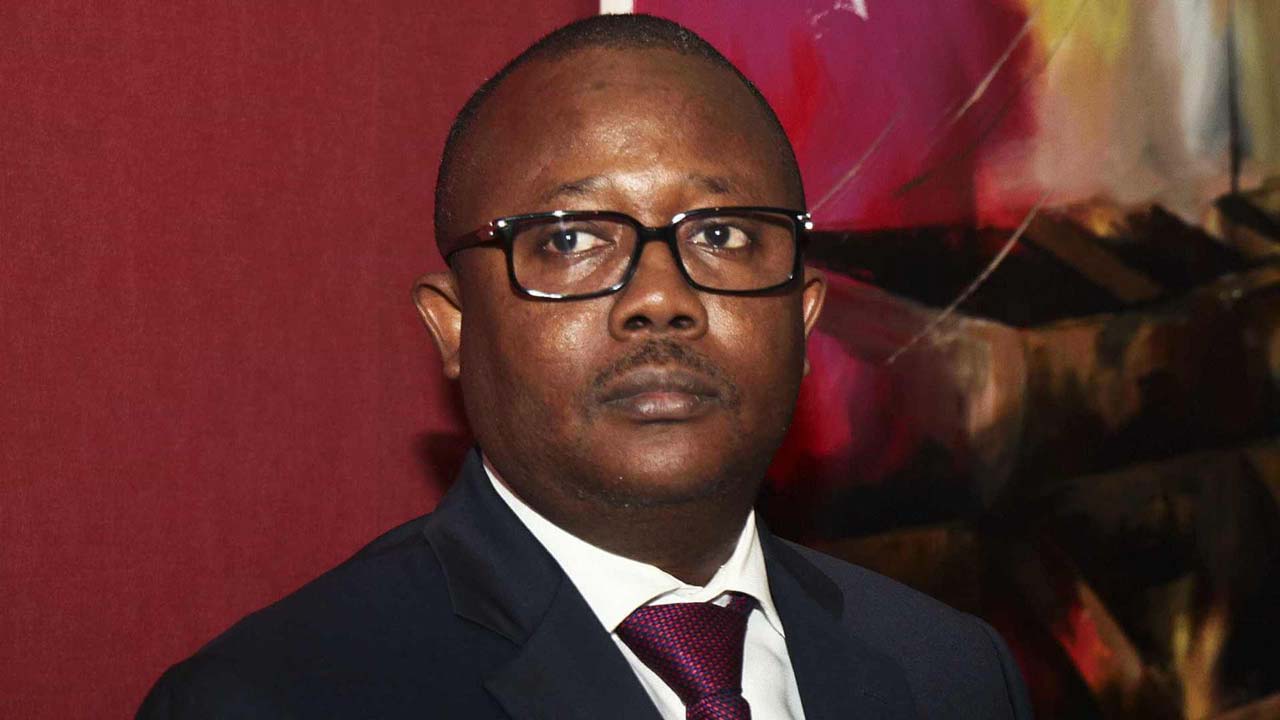The Nigeria Association of Macroeconomic Modellers (NAMM) has called for the creation of structural transformation models that accurately reflect Nigeria’s diverse economic landscape, warning that the continued adoption of imported frameworks will undermine effective policymaking and long-term development.
This position was reinforced at the fourth Annual NAMM International Hybrid Conference held at the University of Ibadan, where leading economists, policymakers and data scientists examined the modelling innovations required to address Nigeria’s persistent development challenges.
Speakers emphasized that only analytical tools rooted in the country’s structural, social and institutional context can drive sustainable economic transformation.
Former Director of Statistics/Monetary Policy at the Central Bank of Nigeria (CBN), Dr. Mohammed Tumala, said the country’s recurring macroeconomic instability is a manifestation of deep-seated structural weaknesses that cannot be resolved using generic or externally developed models.
“Nigeria’s persistent macroeconomic vulnerabilities are symptoms of an underlying structural imbalance. Our fragile, commodity-driven recoveries falter because we have not engineered the fundamental transformation required for enduring prosperity,” he said.
Tumala, a seasoned statistician and macroeconomic researcher, stressed the need for data-driven and evidence-based policymaking underpinned by local research, digital innovation and stronger statistical systems.
He noted that the global economy has shifted dramatically due to digitisation, with wealth becoming increasingly dominated by intangible assets. Without upgrading its statistical infrastructure, technology base and human capital, Nigeria, he warned, risks falling further behind.
“The global economy has been transitioning mainly because of digitisation. Wealth is being redistributed with increasing skewness in favour of holders of intangible assets. Nigeria must adapt or lag the transition,” he added.
Tumala, who pioneered text-mining techniques for analysing monetary policy communication and developed the Economic Policy Uncertainty Index at the CBN, maintained that global economic shocks — including the 2008 financial crisis — caught many policymakers unprepared largely due to inadequate modelling tools rather than insufficient data.
President of NAMM, Prof. Phillip Alege, reaffirmed the association’s commitment to developing a flagship Nigerian structural transformation model that can guide policy in an increasingly volatile global environment.
He stressed that modern modelling approaches are indispensable for understanding growth, stability and effective policy design in Africa.
Alege noted that global uncertainty has risen to unprecedented levels and is unlikely to decline soon, making it imperative to build dynamic models that reflect institutional behaviour, political economy dynamics, informal sector activities and other social variables
“This conference is not about lamenting the past; it is about building tools for the next 65 years,” he said.
Participants agreed that Nigeria must adopt advanced modelling tools, including digital data streams, agent-based modelling and integrated statistical systems, to properly capture the complexities of its economy and chart sustainable development pathways.






